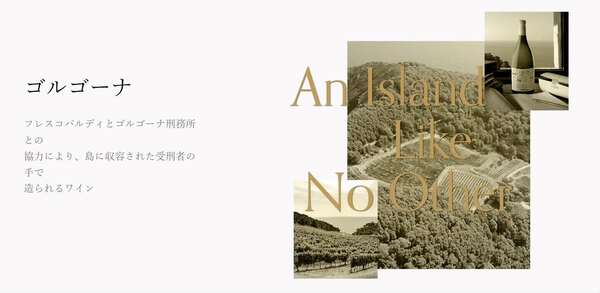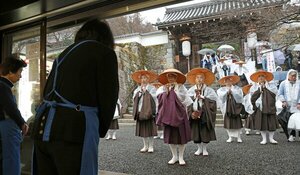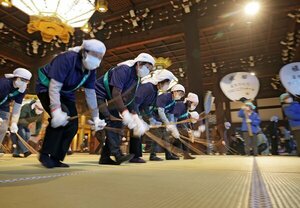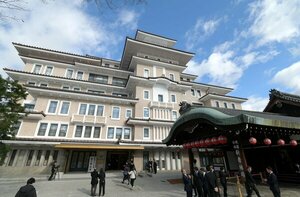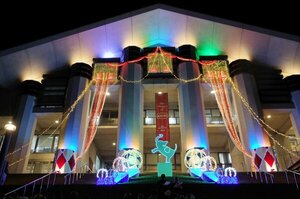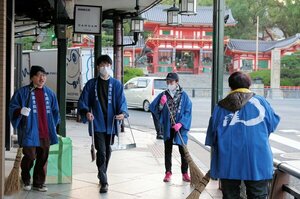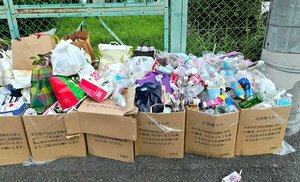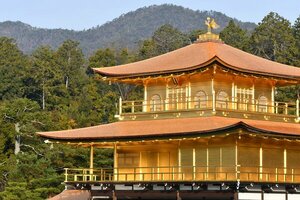A presentation on winemaking by inmates in Italian prisons (hosted by Ryukoku University Correctional and Protection Center) was held at Ryukoku University's Fukakusa Campus in Fushimi Ward, Kyoto City. Journalist and food culture consultant Mitsuka Kutani (representative of abitato), originally from Kyoto City and currently living in Italy, introduced the efforts of people who produce top-quality wine and questioned the way rehabilitation support should be provided.

In Italy, the constitution clearly states that the purpose of punishment "must be humane, and its purpose is re-education." In prisons, various rehabilitation programs are carried out, such as working at social enterprises called "social farms" that create jobs for people who have difficulty finding employment.
In Gorgona Prison, the only remaining island prison in Europe, inmates work in agriculture, bread production, transportation, and infrastructure management such as electricity and water. The inmates are all male, but each one is paid a wage while fulfilling their role as a member of the island's community, and inmates from all over Italy come to serve their sentences there.
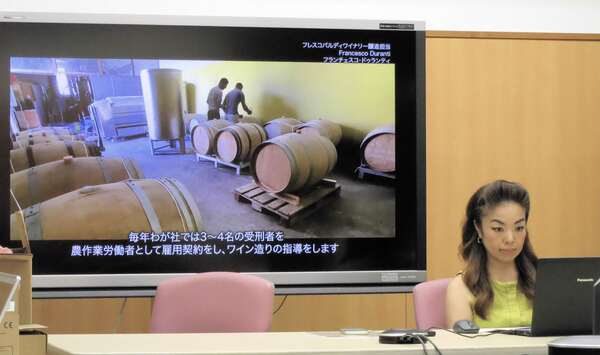
A vineyard was established in 1998 to make wine, but it was difficult to operate. When they looked for partners, Frescobalti, a prestigious winery representing Italy, agreed and they started working together. They hired inmates as employees and have been making wine since 2012.
The island is exposed to winds containing seawater, and the soil also contains seawater. The unique climate produces fruit rich in minerals, and under the guidance of winery craftsmen, a wine with a unique taste was born. The company did not make a big deal about its "social contribution," but the wine has come to be praised in Europe and the United States as "the best white wine in Italy." Former inmates are also employed at the winery, and it is said that they are able to find employment that makes use of the skills they acquired in prison.
Hisaya interviewed Gorgona Prison and also participated in the launch party for the current year's wine on the island. Although prisons have a dark image, the inmates themselves entertained the guests, and said, "This island was full of smiles. Even the prison guards were full of life." Owner Marquis Lamberto Frescobaldi said, "We place great importance on the social significance of this project," and introduced a video in which he explained why he started the project, saying, "I was curious to see what kind of wine it would turn out to be. It turned out to be a wine of excellent quality."
Gorgona Prison is also engaged in olive cultivation and sales, and is in discussions with a private company to produce ham. He expressed his hope that "it will spread as a food business."
In Italy, various organizations and individuals are involved in the rehabilitation of prisoners, and he said that it makes you think about "what is punishment and what are human rights." He emphasized that the development of food culture is common to Japan and Italy, and that "social contribution activities through food can also provide hints for our society."
Professor Hamai Koichi of the Faculty of Law said, "There are bright and dark sides to Italy," pointing out that there are not only success stories like Gorgona Prison. However, he said that collaboration between prisons and private, local resources is "attractive," adding, "It not only improves the image of companies, but also helps address labor shortages."
